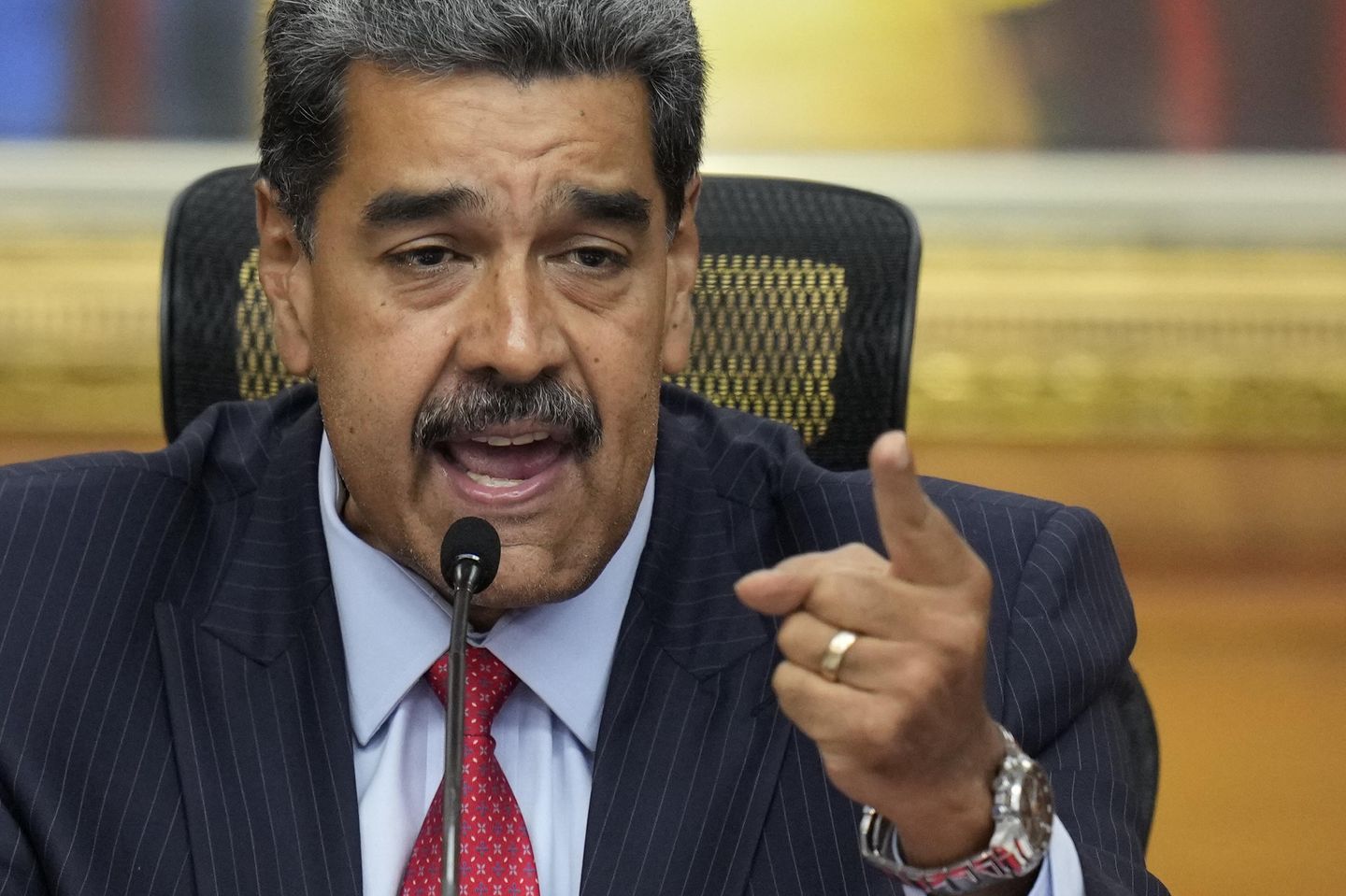President Nicolas Maduro of Venezuela made headlines recently when he announced a 10-day block on access to social media platform X in the country. The move was prompted by accusations that the platform’s owner, Elon Musk, was using it to promote hatred and sow discord following Venezuela’s controversial presidential election.
Maduro’s decision to block access to X sparked outrage and concern among both domestic and international communities. Many viewed the move as a violation of freedom of speech and an attempt to suppress dissenting voices. Critics argued that the block was a blatant display of censorship and an infringement on the rights of Venezuelan citizens to access information and communicate freely.
The disputed presidential election in Venezuela had already been marred by allegations of fraud and irregularities. The result was hotly contested, with opposition leaders and international observers questioning the legitimacy of Maduro’s victory. The decision to block access to X only added fuel to the fire, further polarizing an already divided nation.
Elon Musk, the billionaire entrepreneur and owner of X, quickly condemned Maduro’s actions and called for the block to be lifted. Musk accused the Venezuelan government of using censorship to silence dissent and control the flow of information. He argued that access to social media platforms like X was essential for promoting transparency and accountability in the wake of a contentious election.
The block on X in Venezuela had far-reaching implications for the country’s citizens. Many relied on the platform for news, information, and communication with friends and family. The sudden loss of access left many feeling isolated and cut off from the outside world. Some turned to alternative methods, such as virtual private networks (VPNs), to bypass the block and continue using X.
The block on X also had economic repercussions for Venezuela. The country’s burgeoning tech industry was heavily reliant on social media platforms like X for marketing and communication. Small businesses and entrepreneurs found themselves unable to reach their target audience or promote their products and services. The block threatened to stifle innovation and economic growth in a country already grappling with economic instability and hyperinflation.
As the 10-day block on X drew to a close, tensions in Venezuela remained high. Protests erupted in major cities as citizens demanded the restoration of access to the platform. The government responded with force, deploying riot police and cracking down on dissent. Human rights organizations condemned the use of excessive force and called for dialogue and respect for democratic principles.
The international community also weighed in on the situation in Venezuela. The United Nations issued a statement expressing concern over the block on X and urging the Venezuelan government to uphold freedom of expression and respect human rights. The European Union and several Latin American countries also called for a peaceful resolution to the crisis and a return to democratic norms.
Despite mounting pressure, President Nicolas Maduro remained defiant. He defended his decision to block access to X, citing national security concerns and the need to prevent the spread of misinformation and incitement to violence. Maduro accused Elon Musk and other foreign actors of meddling in Venezuela’s internal affairs and destabilizing the country for their own gain.
The block on X in Venezuela highlighted the growing power of social media platforms in shaping public discourse and influencing political events. In an increasingly digital world, social media has become a battleground for competing narratives and ideologies. Governments around the world are grappling with how to regulate and control the flow of information online, balancing the need for security and stability with respect for fundamental rights and freedoms.
As Venezuela grappled with the aftermath of the disputed presidential election and the block on X, the future remained uncertain. The country was at a crossroads, with deep divisions and simmering tensions threatening to boil over. The international community continued to monitor the situation closely, calling for respect for democratic principles and a peaceful resolution to the crisis.
In the end, the block on X in Venezuela served as a stark reminder of the power of social media to shape political events and influence public opinion. It also underscored the challenges facing governments and societies in the digital age, as they navigate the complex terrain of information warfare and online censorship. Only time will tell how Venezuela and other countries around the world will address these challenges and uphold the rights and freedoms of their citizens in the face of evolving threats and technologies.









